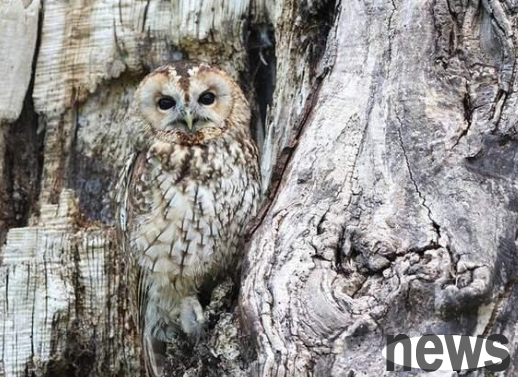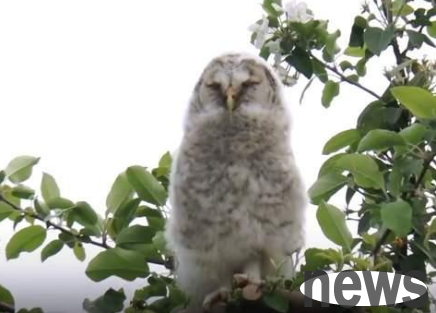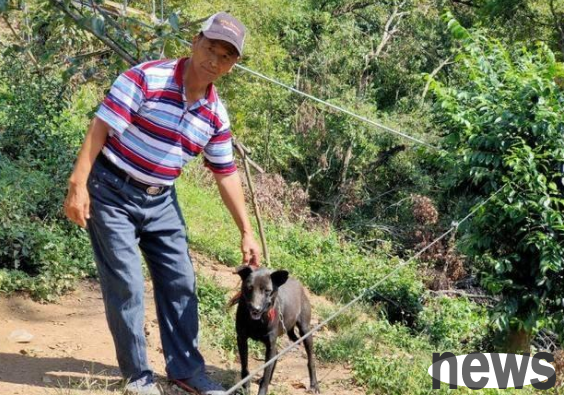For the planting industry, the good harvest of fruits and crops cannot be only based on the planting technology and weather, but also consider how to prevent some "thieves" from taking advantage of the situation.
In Japan, voles are very rampant, and many fruit farmers who grow apples suffer greatly. Therefore, they have a century-old tradition of letting owls serve as guards; and research has also shown that these night predators are very effective in protecting orchards.
There are many species of owls, among which [Long-tailed Owl] is an excellent voles killer. They will build nests in orchards with high mouse volume. Japanese apple fruit farmers are the first in the world to discover their value. Since they discovered that owls prefer to prey on voles and have significantly helped orchard yields, Japanese fruit farmers have also begun to place artificial trees and encourage owls to come and build nests more. They soon discovered that these owls drastically reduced the number of voles, which meant higher fruit apple output and yield.

Someone may ask whether to eliminate voles, can some chemical agents be used instead? Is that going to avoid the labor of the owl? In fact, chemical agents will have a negative impact on the environment and even fruits, and ultimately have a negative impact on humans. Even if you are using King of Pesticides, it is no exception. (Honophone)
Moreover, encouraging the breeding of owls (long-tailed owls) is an excellent choice for defending orchard crops while maintaining biodiversity within the region. According to the survey, an owl can hunt 10 voles per night on average; the more owls, the better the effect. But it is probably impossible to expect farmers to purchase five insurances and one fund for these owls.

In addition to Japanese voles, macaques in Taiwan are also eyeing crops. There is an important economic crop of alpine sweets in Datong Mountains in Nanfeng Village, Renai Township, Nantou County, Taiwan, and is always targeted by macaques.
But the owl will not take the initiative to hunt monkeys, what should I do? So the local fruit farmers came up with a solution, which was to raise multiple loyal dogs, assume the responsibility of guarding the house and protecting the fruits.
For example, Taiwan's fruit farmer Hu Guichun pointed out that there are three monkey groups in the local area. These [socies] appear in the morning and evening for food about 3 or 4 days apart, which are the weakest periods for farmers to be wary of. It is very troublesome when there is no dog to help take care of them. Later, 20 dogs were raised, and the result was that they were really successful and effectively saved the mountain sweetness, greatly reducing the loss rate.

Although raising these dogs also requires a certain cost and is not as self-sufficient as owls, the Dogs have indeed made contributions. So the fruit farmers are also very grateful to these dogs.
So, which one do you prefer for the owls who protect apples and the dogs who protect alpine sweets?
